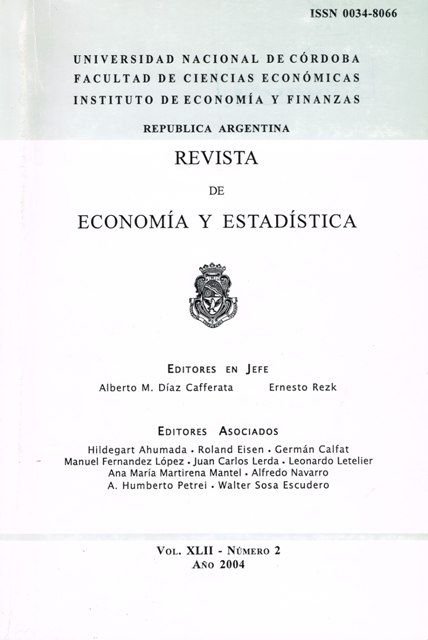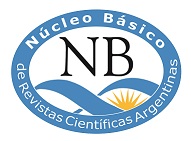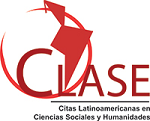Selection rules for Sales Tax audits
DOI:
https://doi.org/10.55444/2451.7321.2004.v42.n2.3806Keywords:
tax on the sales, audit rulesAbstract
In this paper we discuss the relevance of the major results found on theliterature about optimal auditing rules to the case of a commodity tax. Wefound out that literature’s usual recommendations are not applied by taxadministrations. In our understanding, this happens because of: i) there isa key difference between the assumed objective (theoretical) of the taxadministration and the actual objectives, ii) every model assumes that taxpayers know audit rules, when in fact they are kept confidential by thetax administration. iii) most models restrict tax evasion to underreporting,iv) there might be practical or non-economical issues that prevent taxadministrations using optimal auditing rules. We conclude that optimalaudit rules bring in a very important issue usually neglected when taxadministrations design an auditing policy: the impact of the audit policyon the returns of non-audited taxpayers.
Downloads
Downloads
Published
Issue
Section
License
Copyright (c) 2004 Roberto José Arias

This work is licensed under a Creative Commons Attribution-NonCommercial-NoDerivatives 4.0 International License.
Authors who have publications with this journal agree to the following terms:
Authors retain their copyright and grant the journal the right of first publication of their work, which is simultaneously subject to the Creative Commons Attribution-NonCommercial-NoDerivatives 4.0 International License that allows third parties to share the work provided that its author and first publication in this journal are indicated.
Authors may adopt other non-exclusive licensing arrangements for distribution of the published version of the work (e.g. depositing it in an institutional telematic archive or publishing it in a monographic volume) as long as the initial publication in this journal is indicated.
Authors are allowed and encouraged to disseminate their work via the Internet (e.g. in institutional telematic archives or on their website) before and during the submission process, which can lead to interesting exchanges and increase citations of the published work. (See The Open Access Effect)














